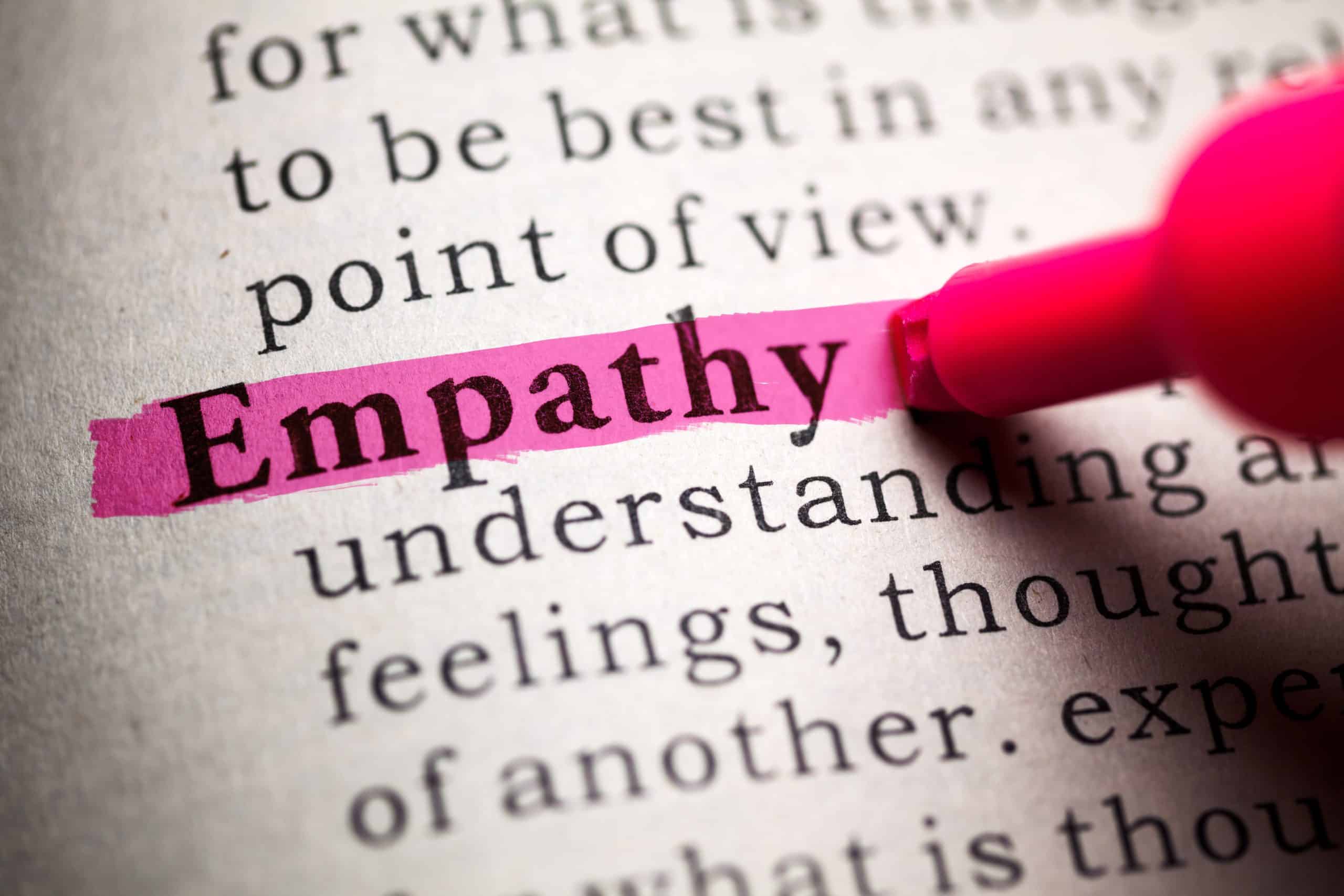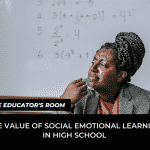Empathy, for me, was always one of the best ways to handle classroom behavior. It came to me naturally because of the teachers I had in elementary school. I grew up in a housing project. This living situation was due to the death of my father just before my third birthday. In a time before daycare, my mother could not work so we survived on Social Security benefits. The housing project had an elementary school built on the complex where most of the children went to school. It was where I first saw empathy in action from all of the teachers. They knew that we all came with baggage of some sort. If anyone had a bad day, the teachers knew there was probably a good reason outside of school that caused our behavior.
As I entered the field of teaching, I remembered my early teachers and how they dealt with all of our real-world problems. The school was a safe place for us. I wanted my classroom to be a safe place for my students. Early on, I learned not to take anything my students said or did personally. That is not to say that I accepted poor behavior, but in most cases, I was able to find out if there was something going on in a child’s life through a short, private conversation. I was then able to redirect behavioral responses.
The dictionary definition of empathy is: the ability to understand and share the feelings of another. Both parts of the definition were easy to do because of my childhood experiences. If you have a different life experience than your students, consider how you react when certain situations happen. Do they make you feel angry, sad, or withdrawn? If we as adults can react in these ways, how can we expect our students to deal with life differently?
Is behavior change your objective?
A concept that is attached to empathy is what you are trying to have the student accomplish. Do you want the behavior to stop or do you want the student punished? Here is an example from a staff development I attended. We were being introduced to the idea of using a voice recorder to curb talking/calling out during a lesson. The facilitator suggested using a voice-activated recorder and placing it near the “offender’s” desk. If necessary the recording could be played for the parent at a meeting. The facilitator asked if there were any questions. One participant stated that the student wouldn’t talk with the recorder nearby so how could she “catch” the offender. The facilitator’s response was, “Do you want to have the talking stop or do you want to punish the child?”
Another reason for trying to be empathetic when dealing with many behavior issues is that your students know you are in control. When you send students to a disciplinarian, you are giving control of your class to someone else. If you do it too often, the class will get the message that you have lost control. As some teachers that I worked with learned the hard way, sending too many disciplinary referrals will end with the student returning without any administrative intervention. This leaves you with no other options.
Can empathy change all behaviors?
Empathy is not the end all and be all for solving classroom behavior problems, but it is a useful tool to use in many situations. I am realistic enough to know that this will not work for everyone or in every situation. If you are dealing with bullying, weapons or fights, know what your school’s guidelines are for these situations. With all of the issues teachers have to deal with each day, being empathetic has the advantage of being less stressful and less time-consuming.






